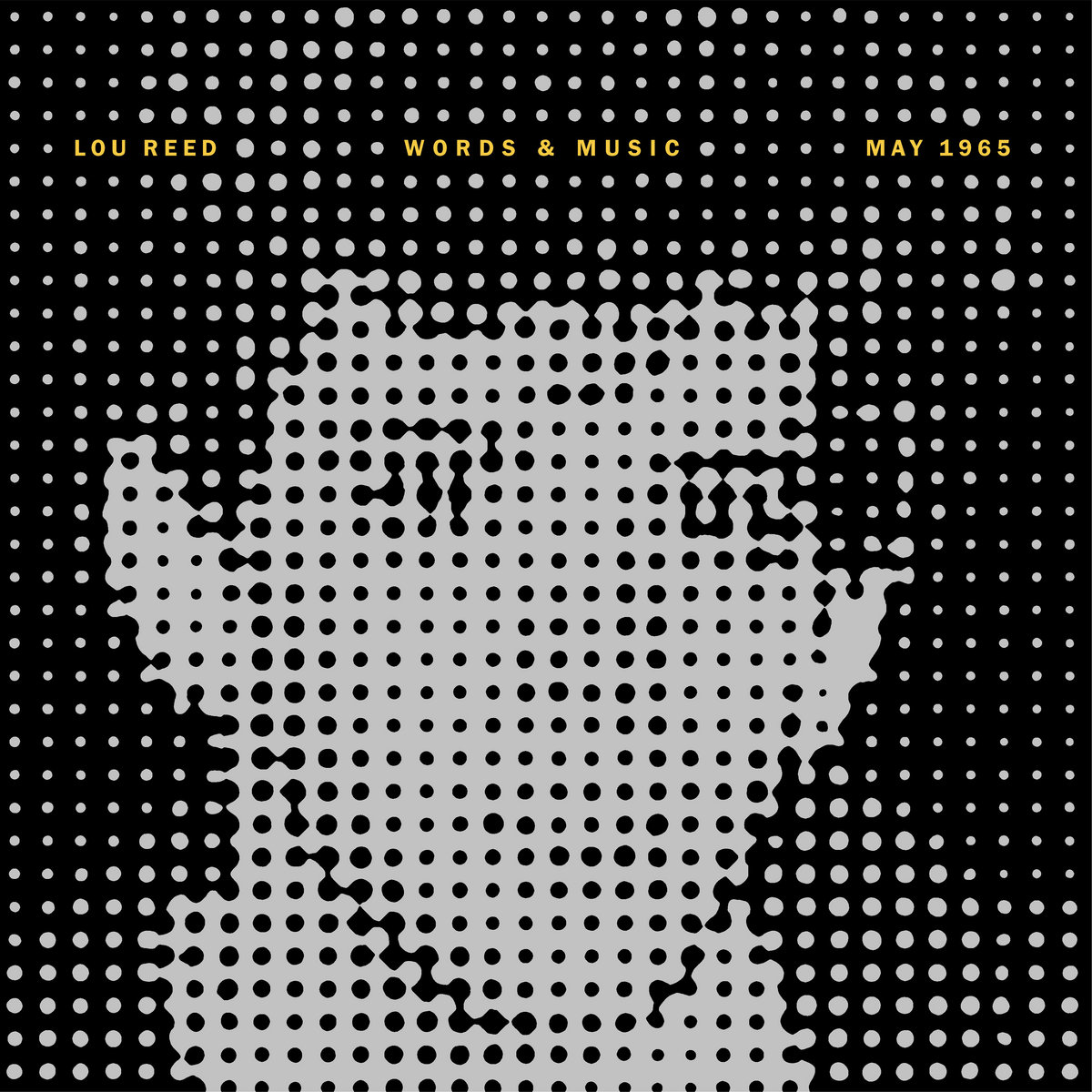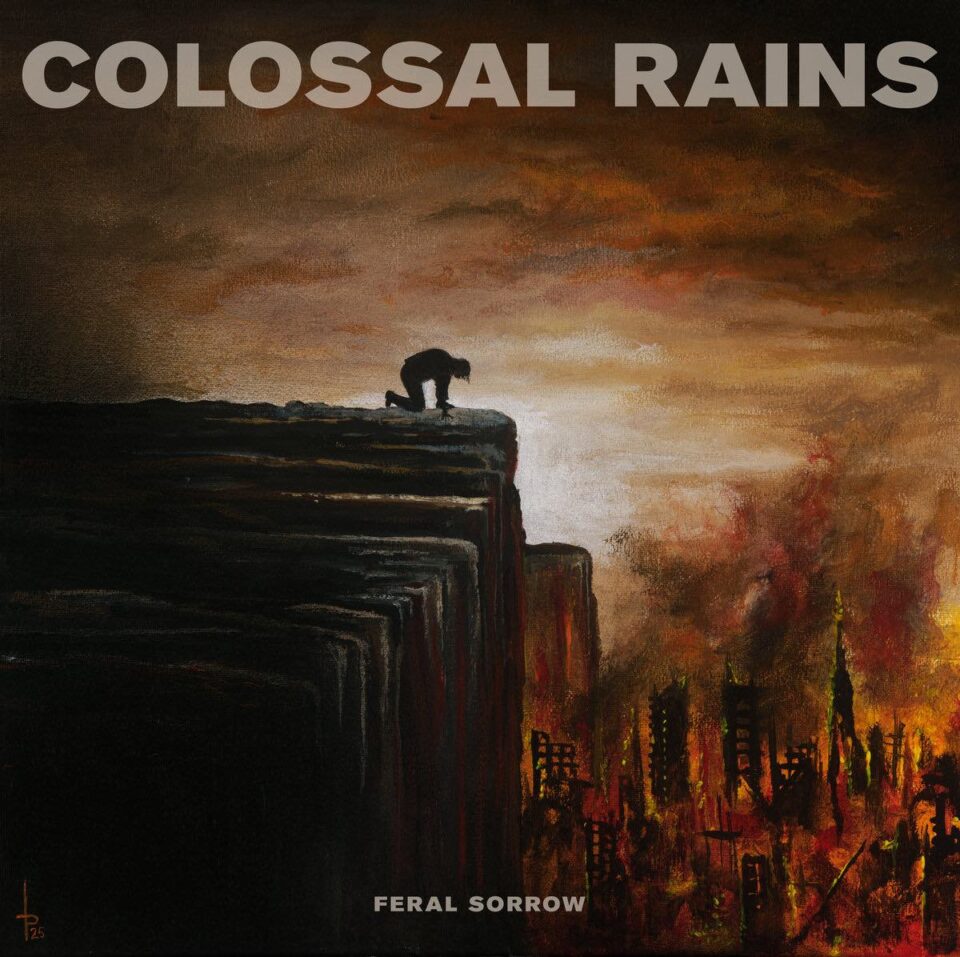Lou Reed
Words & Music, May 1965
LIGHT IN THE ATTIC
While most rummagers find old photos, forgotten letters, and closets cluttered with once-trendy outfits, the archivists behind Lou Reed’s estate—wife Laurie Anderson, Don Fleming, and Jason Stern—found something remarkable during their hunt: a reel-to-reel tape representing the first gleanings of Reed’s partnership with John Cale in a tattered envelope mailed to himself at his parents’ address. Folksy, harmonic, and earnest in a way that Reed’s often-salacious songs—re-fitted menacingly by Cale’s screeching strings in The Velvet Underground—could never be, this first of a proposed archival leap into memory lane by Light in the Attic is charming, scattered, sketchy, and even funny at times.
Considering each of the two artists’ backgrounds up to that point, their fumbling about on Reed’s initial VU tracks of 1965 when both men were 23 years old were shockingly direct, dear, and usually sung in a lovely unified tone—nothing like the sinister elocution for which they’d stake their reputation. That means that the jangling tangle and angular romanticism that is “Pale Blue Eyes” becomes a country ballad, and the several versions of “I’m Waiting for the Man” on Words & Music, May 1965 sound as if the man they’re waiting for has candy to sell—real candy, not a code name for smack. While Cale creates a harmonic vocal bed that would wow Simon & Garfunkel, Reed half yodels on one take and creates a kiddish rhythm by tapping against the wood of his guitar—a beat in time with its overall aw-shucks demeanor.
“Men of Good Fortune,” which eventually became a churning, vicious centerpiece of 1973’s theatrical solo LP Berlin, does manage real tension and drama as Reed lowers his octave and commits to a sad, shaggy tale about an unmarried woman’s fears. But this is a rarity in the 1965 package, as the classic gut shots “Heroin” and “Wrap Your Troubles in Dreams,” (covered by Nico on her solo album Chelsea Girl, and sung here by Cale) are raw and odd, but more sweetly offbeat than they are rousingly morose and electric.
The rest of May 1965 contains ripples of doo-wop and innocent ’50s sounds such as “Too Late,” the embarrassing “Buttercup Song” (where Reed sing-speaks in several unfortunate accents), and even a few covered campfire folk faves such as Dylan’s “Don’t Think Twice, It’s All Right” and the trad “Michael Row the Boat Ashore.” Hidden history isn’t always pretty, but with Reed such skeletal renditions of songs eventually meant to riskily portray sex, drugs, art, and inner-city existence is a new and fairly innocent path to consider.
As the first part of Light in the Attic’s Lou Reed Archival Series, May 1965 is a sweet, swell early chapter of a book that’ll get weirder, darker, snarkier, and smarter with time.







